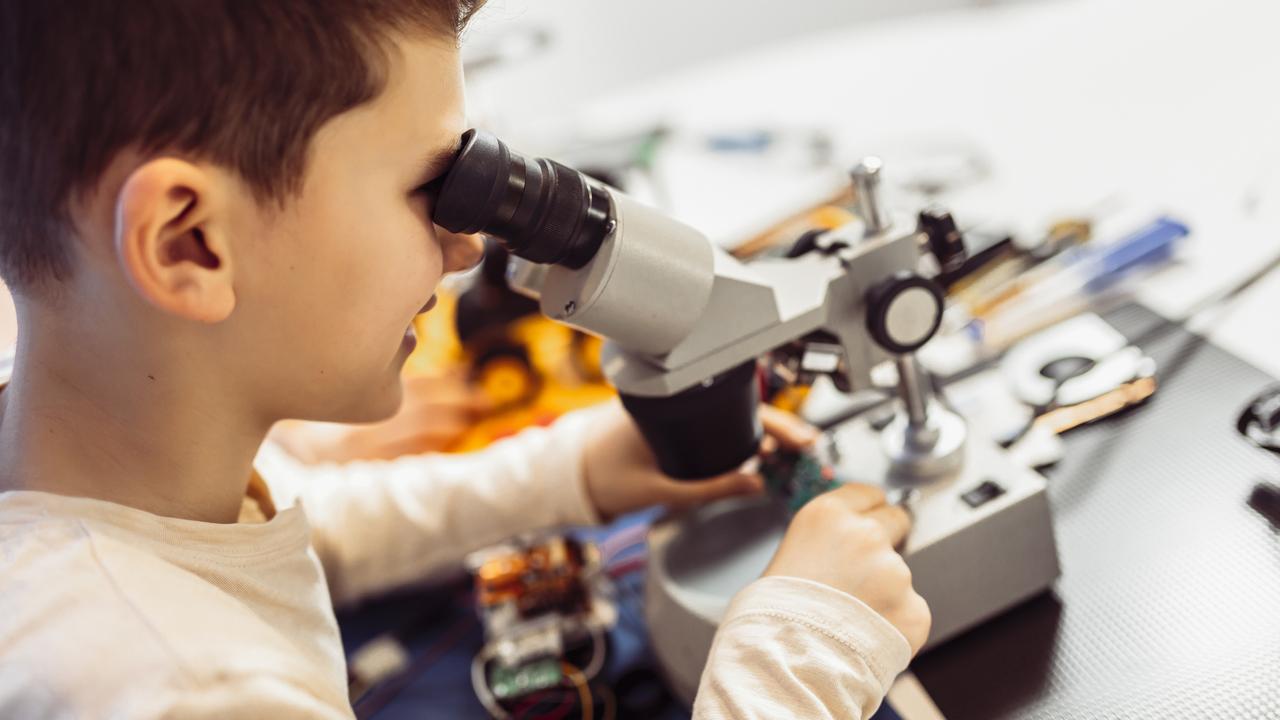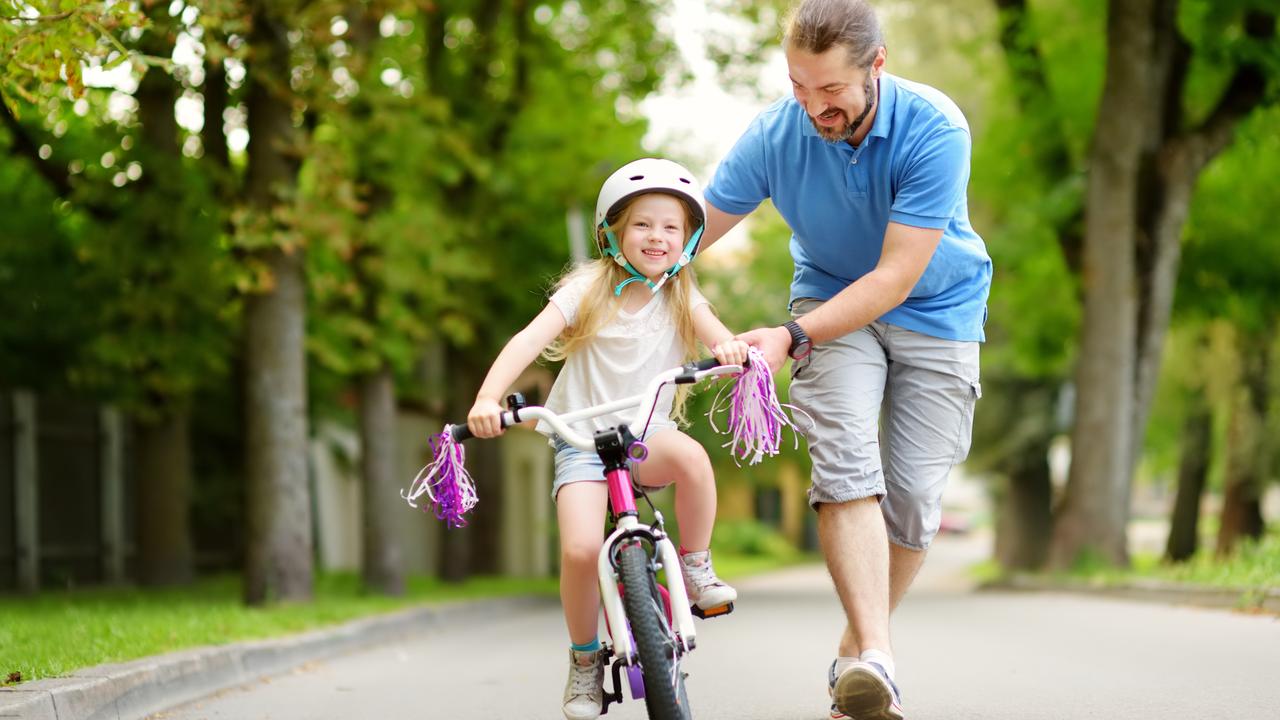Why kids are better at learning than adults
Have you always suspected that you’re smarter than the average adult? You’d be right – at least when it comes to learning new things

READING LEVEL: ORANGE
Have you always suspected* that kids are smarter than adults?
You’d be right – at least when it comes to learning new things.
New research confirms that kids do indeed pick up new knowledge and skills faster than grown ups.
It all comes down to a chemical messenger in the brain called GABA, which helps newly learned material stick in the brain.
Researchers from the US and Germany have found levels of GABA rapidly increase in the brains of primary school aged children, aged 8 to 11, while they are learning new tasks or information and in the minutes afterwards.
By contrast*, the level of GABA in the brains of adults, aged 18 to 35, does not change during or after lessons in new tasks and information.

“Our results show that children of elementary school* age can learn more items within a given period of time than adults, making learning more efficient* in children,” said study lead author Takeo Watanabe, a professor of cognitive* and linguistic* sciences at Brown University in the US.
While other studies have measured GABA levels in children, this study looked at GABA levels before, during, and after learning in kids – and compared them to GABA levels in adults.
The study, published in Current Biology on November 15, examined visual learning in primary school age children and adults using behavioural and state-of-the-art* neuroimaging* techniques.
It found that visual learning triggered an increase of GABA in children’s visual cortex, the area of the brain that processes visual information. That GABA boost also stayed around for several minutes after training ended.
But there were no changes in GABA whatsoever in adults who had the same visual training. The findings were backed by follow-up behavioural tests.
“We found that children indeed stabilised* new learning much more rapidly than adults, which agrees with the common belief that children outperform adults in their learning abilities,” said Dr Sebastian Frank from the University of Regensburg in Germany.
“Our results therefore point to GABA as a key player in making learning efficient in children.”

The researchers said the findings suggested children were likely to learn new knowledge and skills more rapidly than adults, and that this should encourage teachers and parents to give children as many opportunities as possible to learn new skills, from their times tables to riding a bike.
Prof Watanabe said the findings could also be used to help adults learn more efficiently.
“For example, a new technology or therapy could be developed to increase the amount of GABA in the brains of adults,” Prof Watanabe told scientific research news site futurity.org.
GLOSSARY
- suspected: thought or believed
- contrast: to compare with something else
- elementary school: the name given to primary school in the US and other places
- efficient: to work or operate in an organised, quick and effective way
- cognitive: to do with the process of thinking and reasoning
- linguistic: to do with the study of human language
- state-of-the-art: newest, most up to date, modern
- neuroimaging: images that show the structure and activity of the brain
- stabilised: made something become fixed and stop changing
EXTRA READING
Santa learns sign language for kids
Traffic noise spells trouble for school learning
Dogs learn words as quickly as toddlers
QUICK QUIZ
- What is the name of the brain messenger that helps newly learned material stick in the brain?
- What happens to the level of this brain messenger in children during and after learning?
- What happens to the level of this brain messenger in adults during and after learning?
- Where was this study published?
- How could the study findings help adults?
LISTEN TO THIS STORY
CLASSROOM ACTIVITIES
1. Amazing brains!
What does the story show you about how our brains work? Create a diagram that shows what you have learned about our amazing brains.
Time: allow 40 minutes to complete this activity
Curriculum Links: English, Science
2. Extension
Why do you think that kids are better learners than grown ups? Brainstorm as many reasons as you can think of.
Time: allow 15 minutes to complete this activity
Curriculum Links: English, Science
VCOP ACTIVITY
To sum it up
After reading the article, use your comprehension skills to summarise in a maximum of three sentences what the article is about.
Think about:
- What is the main topic or idea?
- What is an important or interesting fact?
- Who was involved (people or places)?
Use your VCOP skills to re-read your summary to make sure it is clear, specific and well punctuated.

